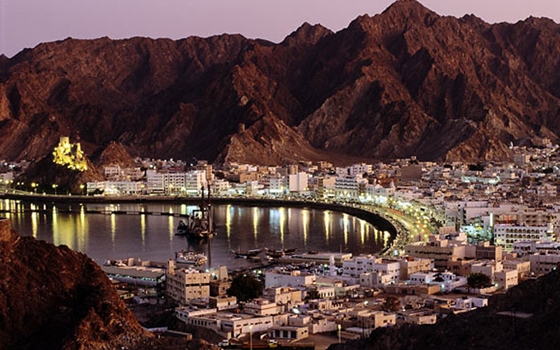A new World Bank report has praised Oman’s development model post-Arab Spring that could serve as a source of inspiration for others outside the Gulf, both for its unique features and for the results it has produced.
The report, titled ‘Transforming Arab Economies: Travelling the Knowledge and Innovation Road’ and released earlier this month, states that although Oman has much less oil and gas than UAE or Qatar, and also a lower level of income, it offers a unique policy model within the Arab world.
The report stated that the country reacted promptly to demonstrations by taking a series of strong measures that revealed a spirit of openness and dialogue in the face of social and political demands.
‘In its educational policy, public communications, and foreign policy, the regime has consistently stressed shared values, tolerance, openness, and sustainable development. Traditional architecture prevails. A pro-employment policy, access to land ownership, affordable consumer goods, and universal health and education services provide good living conditions,’ the report stated.
However, the Omani model also has its own challenges. ‘Some of these are traceable to the fact that the country joined the modern world just 40 years ago, and its human resource base is still thin.’
The report stated that jobs have been created at the expense of productivity and competitiveness, exacerbated by skill shortages.
‘Oman’s carbon footprint is among the highest in the world. Consumer subsidies and top-down policy making mean that consumption of water and energy is highly inefficient. Agricultural activities destroy groundwater and contribute to rapid soil erosion and loss of biodiversity. The number of private cars has exploded, while public transport is sorely lacking.’
Despite the creation of open research grants and the development of a research and innovation policy, Omani society lacks a research culture and is yet to embrace experimentation, risk-taking, innovation, and entrepreneurship.
Like other countries in the Middle East, Oman has a young population; a third of its people are under 16. ‘They are rapidly becoming well educated but face a looming shortage of attractive job opportunities. Given high incomes and living costs, high dependency on dwindling oil reserves, and strong dominance by the public sector, Oman must find a way to nurture new industries, products, and firms.
Outstanding social and environmental issues could profitably be turned into a pull factor for research, technical advance, innovation, and enterprise development.’
The report stated that unemployment, in particular among young people, is incontestably the main challenge facing Arab countries. The MENA region has the highest rate of youth unemployment in the world – 25 per cent – twice the world average.
It is therefore important now to unleash the untapped potential of the private sector, formal and informal, to develop an entrepreneurial culture rooted in trade and integration. ‘A more vibrant private sector in MENA countries will also contribute to increased economic integration within the region.’
In light of the region’s recent and continuing reforms and its ambitions to realise faster growth, it is important for each country’s leaders and interested stakeholders to evaluate where they stand along their journey and how they can take maximum advantage of other countries’ experiences in using knowledge and innovation for growth and employment.
To create and sustain an effective knowledge economy in the medium to long run, the countries of the Arab world must understand their strengths and weaknesses in relation to the four pillars of the knowledge economy – the economic and institutional regime, education, innovation, and information and communication technologies (ICTs).
‘They must then develop appropriate policies and investments as part of their national development plans, to enable an effective transition to the knowledge economy,’ the report stated.
Muscat Daily
June 27





































































